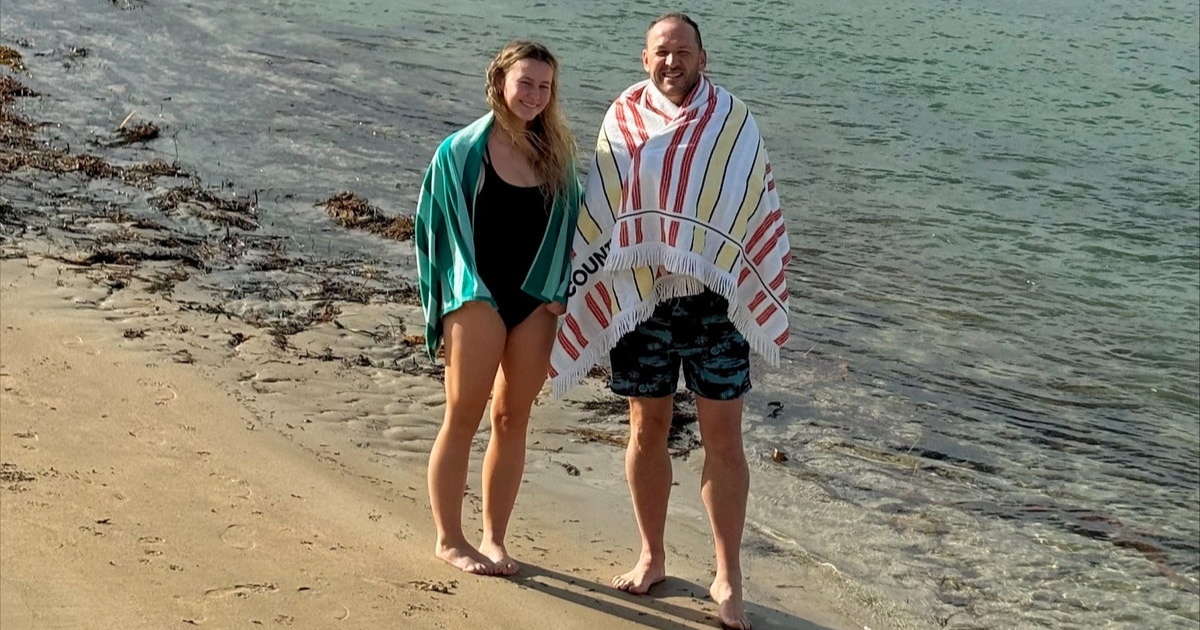Report reveals dangers of drowning to those with ASD
A NEW report highlights the serious risk factors associated with “wandering” and drowning for those with autism spectrum disorder (ASD), with children with ASD 160 times more likely to die from drowning when compared to other children.
Autism Swim founder Erika Gleeson said the “Autism and Drowning – The Underreported Issue” report brought together, for the first time, the most pertinent evidence-based data to better understand the drowning deaths associated with ASD and wandering (also sometimes referred to as absconding, elopement or fleeing).
Senior behaviour and skill development specialist in ASD and cognitive deficit Erika Gleeson said wandering (when the individual tries to leave the safety of a responsible person’s care or a safe area) was very common among children with ASD, with nearly 50 per cent reported to wander.
“Wandering is a very stressful behaviour for parents of children with ASD – 58 per cent report it as the most stressful. Many children with ASD are particularly attracted to water; therefore drowning is a significant risk for those who wander.
“In addition to drowning, wandering brings other high-risk factors including exposure to the elements, dehydration, falls, hypothermia, traffic injuries or encounters with strangers.”
“It’s alarming to think that children with ASD are 160 times more likely to die from drowning, compared to other children. Yet, so very little is known or reported about this issue.”
It was this lack of knowledge and resources around wandering and the risk of drowning that prompted Erika Gleeson to establish Autism Swim in 2016. This organisation is the first and only certifying body in the world specific to ASD and aquatics.
“Autism Swim’s mission is to ensure parents, care givers, aquatic professionals and the community at large have access to the necessary knowledge, practical skills and support relating to wandering and drowning prevention.”
Autism Swim now operates cross six countries: Australia, New Zealand, Malaysia, United Kingdom, Canada and the United States.
To download a free copy of the report or for more information as well as other drowning prevention tools for parents and those living with ASD, head to autismswim.com.au.


















